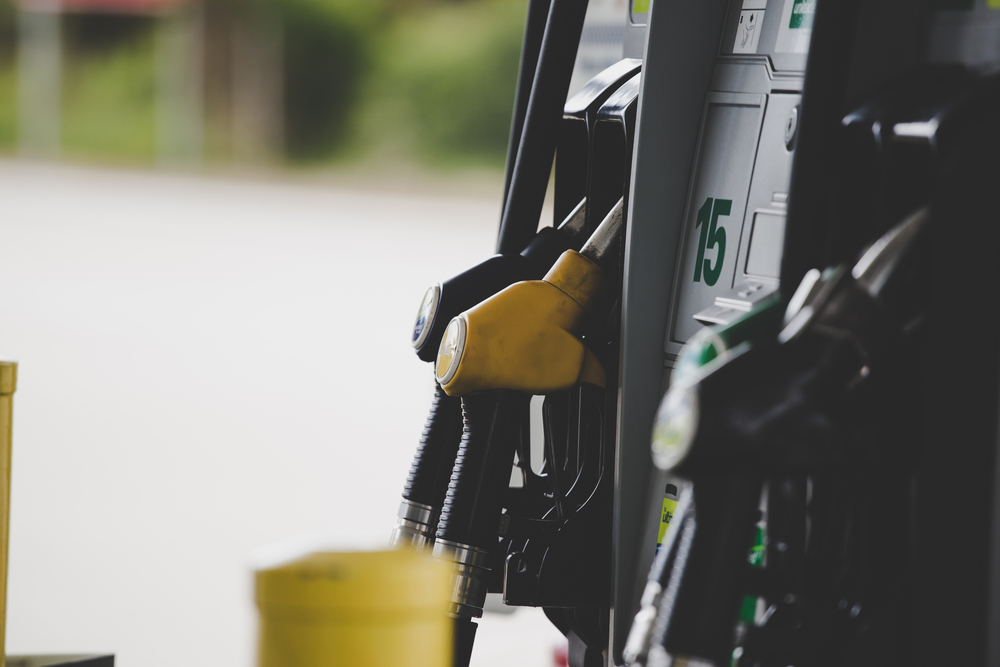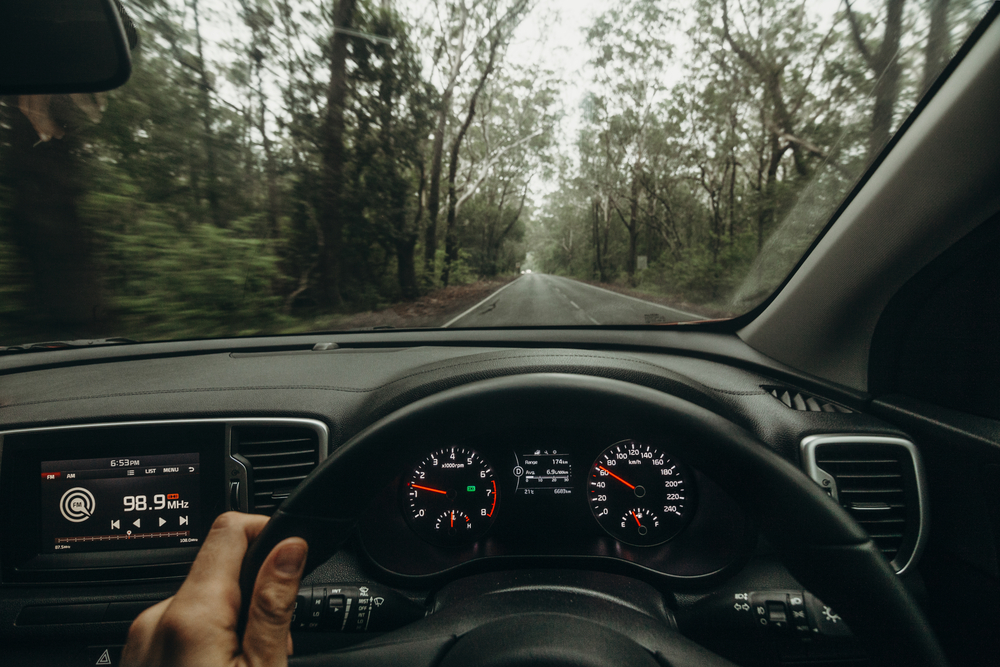For anyone, returning to driving after a long break can seem daunting. The combination of coordination, alertness and concentration required behind the wheel can be hard to remember and feel tiring after a break. From new road rules to shaken confidence, making a return to driving after a break is not always easy.
After a long break from driving, a 300-mile trip probably isn’t the best place to start. Even if it’s only been a few months, driving isn’t necessarily straightforward. Road safety and regulations are, for example, always changing, just as new routes and continued construction might reshape layouts. Driving, like anything else, can take practise and patience before becoming more confident.
If you’re returning to driving after a break, there are a few things you should know, especially if you want to get more confident behind the wheel.
Check Out Any New Laws
Whether it’s been a matter of months or years it’s likely that road laws may have changed. In the UK, road rules and regulations change all the time and, in 2021, as many as 30 new rules could be introduced into the Highway Code. Reading the news or speaking to friends and family can help you keep up to date.
But if you need something more challenging, you can do a mock theory test, or some revision of the theory test, which will help to refresh your memory of road safety and rules. This is especially helpful if you’re worried about forgetting the rules.
Did Your Route Change?
Laws, regulations and safety expectations aren’t the only variables that change on the road. But, as our roads become larger and more expansive, new routes are being constructed and developed seemingly all the time.
Depending on your area and the roads you’re familiar with, you may want to check out laws and developments on smart motorways. This may affect your usual route, either by offering a quicker one, or through construction works.
Get Your Eyesight Checked
Depending on your age or health, if you’ve noticed a deterioration in your vision, especially at night, it could be time to schedule a visit to the optician to verify your safety on the road.
An optician can check your vision and recommend whether or not you need glasses or contact lenses for driving. It’s worth remembering that some medical conditions require reporting to the DVLA (Driver & Vehicle Standards Agency), and not doing so can result in a costly fine of up to £1,000.
To meet the minimum ‘standards of vision for driving’ you must be able to read a numberplate made after September 2001 from at least 20 metres distance and have visual acuity of 0.5 (6.12) on the Snellen scale (don’t worry if you don’t know what this means, your optician will be able to safely assess your eyesight).
Performing these basic checks can not only help you to stay safe but keep other road users safe as well.
Adjust for Comfort
When driving, you must be not only responsive but able to multi-task. For example, if conditions worsen such as heavy rainfall, you may need to turn on the windscreen wipers, or even adjust the climate control for comfort and visibility.
Checking where all the buttons are, adjusting your seat position and mirrors, and setting up your preference before you set off can help you to feel more confident when using the road. Similarly, setting up any radio stations or music before leaving will reduce distractions from the road. Getting into the habit of adjusting the level of comfort in your car before you leave can remove much of the stress and distraction that might interfere with your driving.
Fill Up With Good Fuel
If you’re bringing your car back onto the road again after a break, you’ll not only need to perform routine checks on the battery and other basic functions, but it’s advisable to fill up your car with good fuel. This is because checking fuel levels not only helps with longer journeys, but also your car’s performance.
Petrol and diesel are labelled at the pump, showing both the biodiesel content and the octane rating or RON (Research Octane Number). The higher the RON, the better quality the petrol is. A large proportion of premium fuels are 97 or 98 RON, but some in the UK such as Tesco Momentum99, Costco Premium, Shell V-Power and Esso Synergy Supreme+ all have 99 RON.
The first fill could be with a higher quality fuel, listed at the pump as either ‘super’ or ‘premium’. These have cleaning additives that will help to flush through the car’s system, and keep the engine running as best as it can.
While you don’t need premium fuel every time, every thousand miles or three months filling up with premium fuel (of any kind) will increase the longevity of your engine.

Travel with People
Travelling alone can shake confidence, especially after longer breaks from the road. Having an experienced passenger in the car can ease nerves and provide a second pair of eyes. They can also remind you of rules or regulations as you drive and, generally, this will help make you feel more confident.
Choosing someone that is experienced, such as a parent or older friend, or someone you trust, will help to make sure that you feel confident on the roads.
Insure Your Car Correctly
Whatever the reason for taking time off driving, having accurate and legal cover for your situation is essential.
If you had your car declared ‘off road’ under a SORN (Statutory Off Road Notification) and it’s neither taxed nor insured, you must ensure it’s not parked or driven on public roads. Instead, your vehicle must be kept on private land, like a garage or driveway.
Returning to the road after a SORN declaration can be easy. You just need to inure your car and have it taxed again, which can be completed via the DVLA either over the phone or online. (You will need an 11-digit reference number on the V5C to complete this process.)
You should check that you have a valid and accurate insurance policy before getting behind the wheel. Lastly, check your vehicle has an up to date MOT and, if not, then your car will need to be tested.
Getting Back Behind the Wheel
Whatever the reason for being away from driving, Keith Michaels can help you rediscover confidence on the road again. With our competitive insurance quotes, and over 35+ years’ experience of arranging cover, we can help you feel comfortable on the road.
Get in touch today to find out more. Or call us on 0208 329 1150 to see how we can help get you back on the road.



